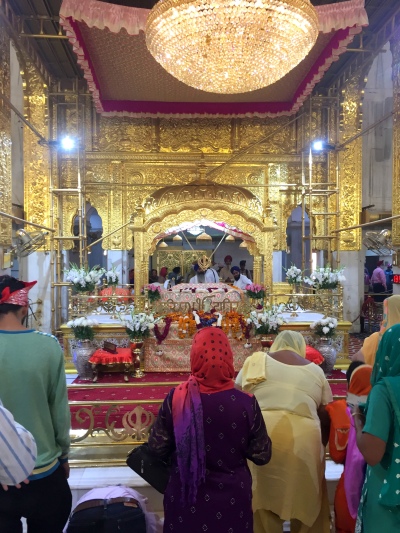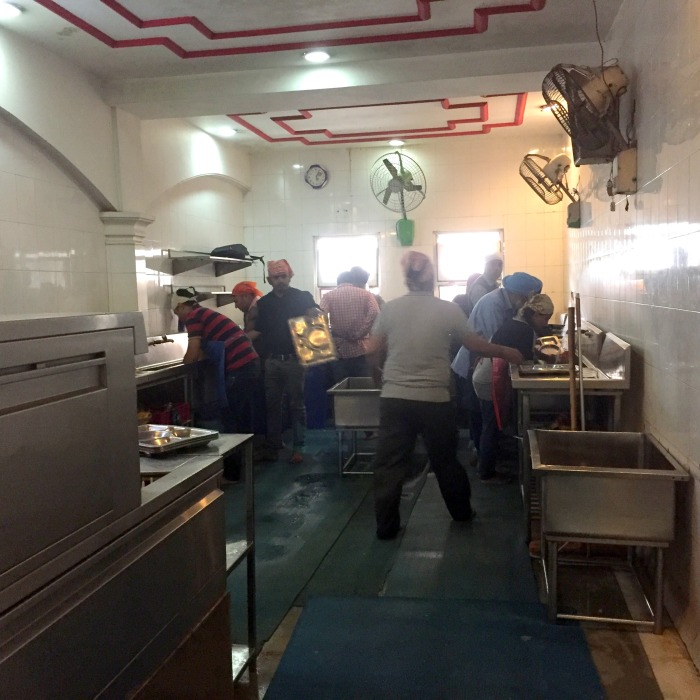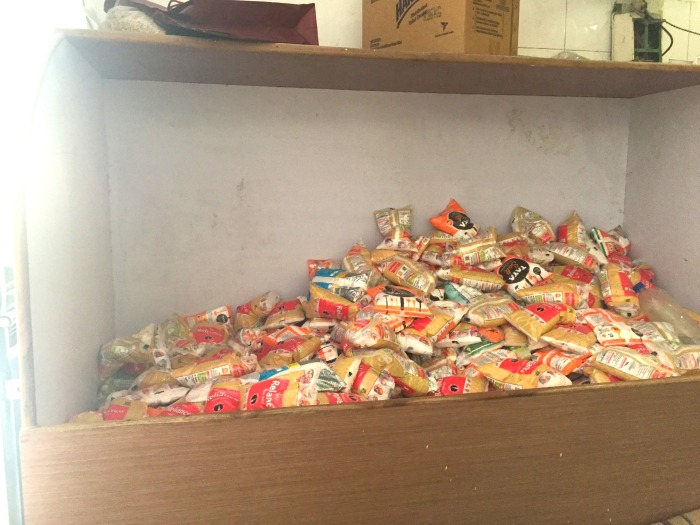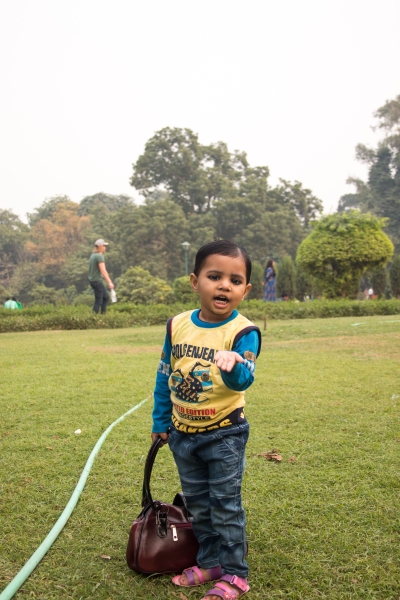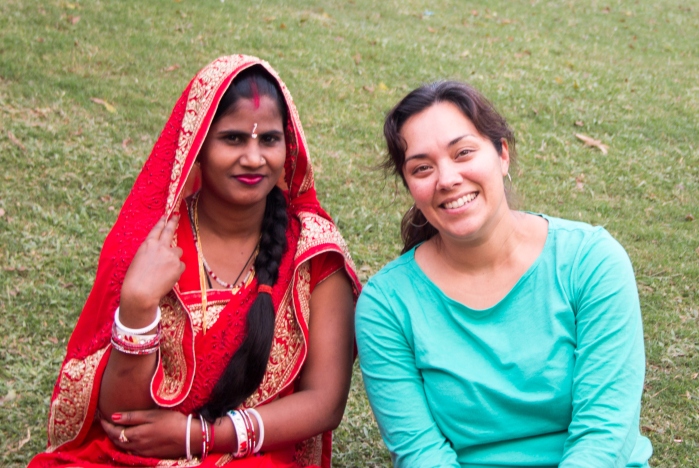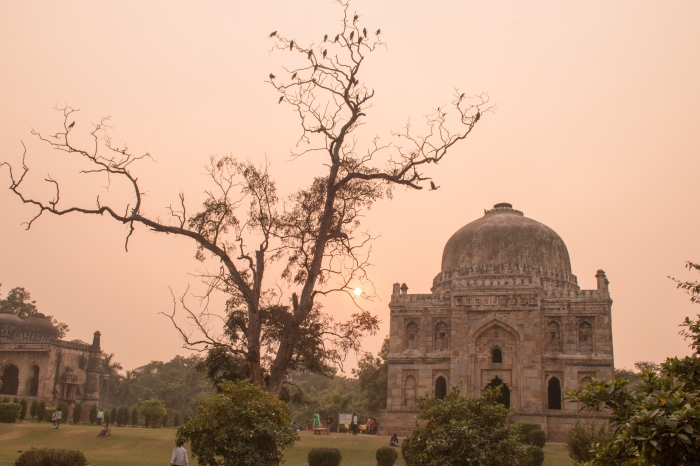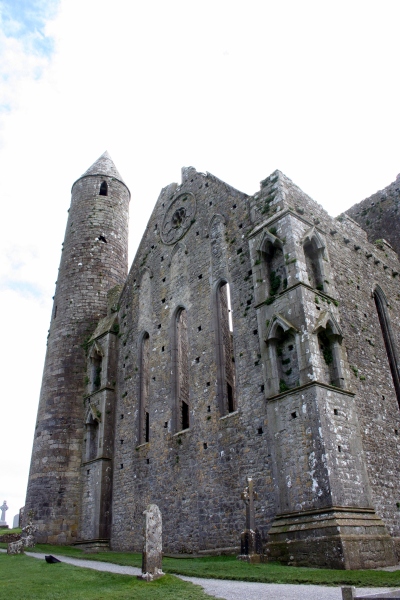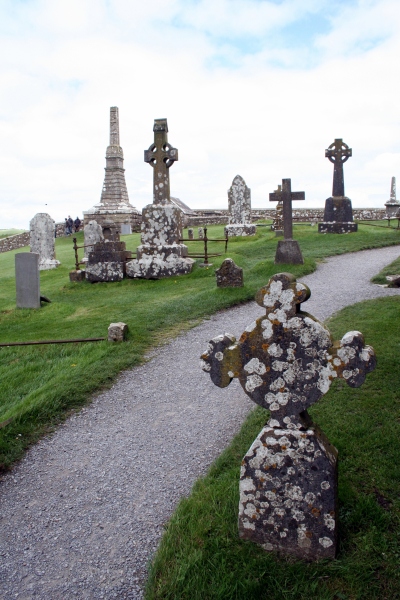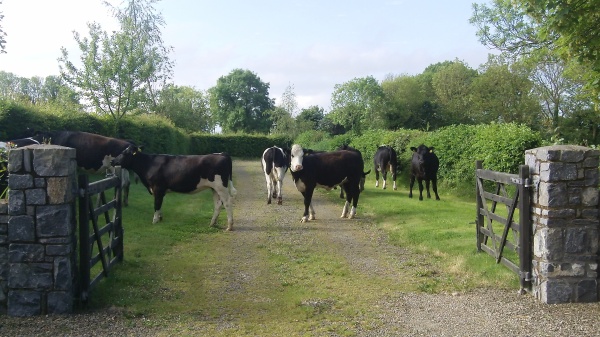This was written on June 3rd.
On Friday night at bedtime (the last Friday in May) I said to Tobias “What a week! So many things have happened already!”
He said, “I think your definition of things happening has changed.”
I’m not so sure. I think it was an exciting week by any standard. A big factor was that after we returned home from Dublin on Monday afternoon, the weather was warm and dry for the rest of the month. That in itself was exciting. We are not rain-haters by any stretch, but May was very wet, and we’d had enough.
Sunday: First of all, there was that exciting baby magpie sighting in Dublin.
Monday: Sophia and I caught a 4am cab to the airport to drop off Natalie and then returned to our beds (in our AirBNB in Dublin) for a few hours. Then the whole family caught a bus back out to the airport to get another rental car (we rent the car in 30 day increments for insurance reasons). Then we drove home to Gortnacooheen and we were all so happy to be back in the quiet country.
Tuesday: Midmorning I headed out on a longish run and Tobias and Sebastian took Sophia to work at the farm where she’s been volunteering once a week for five weeks now. When they pulled up in the driveway, the farmer dashed to the car, and said “Follow me, quick!” They did, and thirty minutes later, they were watching a calf being born. I had hoped and prayed that Sophia would be able to witness a birth while she was at the farm, but having three members of the family witness it was beyond my hopes. I was so happy for them.
Wednesday: Toby dropped off the kids and I at the forest park in town while he did some work. But before we even left our driveway, I made an exciting discovery of the natureish variety: there are great tits nesting in the stone wall in front of our house. This was surprising because I didn’t know that the stone wall contained recesses big enough for nesting and also because the opening this great tit family is using is very low to the ground. Only about 4 inches from the ground. This discovery precipitated several other things, in that pleasing learning-snowball-effect way.
We spent a few very pleasant hours in the forest. Five minutes in, Sophia spotted two fallow deer. We had previously only caught glimpses of their cute little white tails prancing away from us, so this was exciting. An interpretive sign said that there were 200 deer in the park, and after watching those 2 for a minute Sebastian said “Only 198 more to go!”
Soon after this, Sebastian spotted a pair of red dragonflies mating. It was fascinating to watch them fly around connected to each other, and to see how much their long bodies can bend. None of us had seen that before. We also saw blue dragonflies and grey dragonflies.
Then Sophia took us to a marshy area where she and Natalie had spotted a toad the week before. We looked and looked, and were about to give up when she spotted one. He was just the size to fit in the palm of your hand, so I encouraged the kids to try to catch him to get a better look. They are of the younger, more environmentally-conscious generation and were reluctant to interfere with the toad in any way. “Ah, he can take it!” I said. “Let’s grab him!”
So I caught him and each of us held him. He was adorable. We let him go after a few minutes, unharmed (I claim) or rattled (Sophia claims).
At this point we had been an hour in the park and travelled less than a kilometre. Sebastian said “It’s a good thing Daddy isn’t with us!” Tobias loves the outdoors, but gets the howling fantods when there is too much stopping during a walk or hike. This particular walk involved more stopping than going, and would not have been to his taste.
We moved to an area of the park called the Ladies Tea Garden, because it is where the ladies who lived in the nearby castle used to take their picnics. It is a charming beech grove surrounded by a tumbledown stone wall with ancient iron gates that no longer close properly. The beeches must be hundreds of years old and several are as wide as they are tall. One in particular looked appropriate for climbing and so the kids did so, for another half hour or so, while I spotted them from below and wandered around a bit. Having learned about tits nesting in stone walls an hour earlier, I now found another nest, and imagine I would have found many more in that wall if I had looked, since it was so old and holey. I watched two great tit parents bringing food to their brood inside (which I could not see, but could hear) for a while and after the kids came down from the tree, Sophia served us a picnic. It was probably while we were sitting on the ground eating that we got all the ticks.
We found the first ticks in the car on the way home, and while Toby and Sophia did the recycling at the recycling depot, I checked Sebastian’s head, neck and arms. Once home, we did a thorough inspection and removed more than thirty ticks from our bodies in total.
Previously, in our entire lives, Toby has found one tick on himself (back home, after a hike), I brushed a tick off Sebastian’s neck the day we hiked in Connemara, and I removed one (that had burrowed a bit) from Sophia’s leg two days after she and Natalie had been to the forest park the previous week. So that’s three ticks in total. Now, after one visit to the forest, we had 30 ticks. How on earth?
The next day, I found and removed two ticks from Sebastian’s head. So, you know, ticks. Whoa.
Anyway, we all agreed that the deer, the dragonflies, the toad, and the tree-climbing made the tick debacle worth it, but if we do return to that forest, we will avoid sitting on the ground.
Thursday: The morning was nothing special.
Later in the afternoon, Tobias and I were sitting in the car talking about financial things (when you’re traveling with kids for a year, you have to get a little creative about how to have conversations without them) when a teeny little tit-looking bird landed on the stone wall beside the car. It was so small. I mean, so small. Smaller than a wren. And it looked like a great tit but without the black cap and with more yellow feathers. “Omigosh I think it’s the baby from the wall nest!” I said, and got out of the car and started creeping towards it. It fluttered to the ground and stayed there, and Tobias and I got within a couple feet. Even if it wasn’t teeny tiny, this uncautious behaviour would have given it away as a baby. It was very like the baby magpie I saw a few days earlier: slightly skittish, but not skittish enough. After a couple minutes it flew away. I thought, at the time, that it was the baby from the nest in the stone wall that I had spotted the day before. But a quick look at the RSPB site indicates that this was a juvenile blue tit, not a great tit, and it’s a great tit family that is nesting in the stone wall in front.
Friday: I was waking Sophia up in the morning and I wandered out her doors to take a look at the trees and the birds. There was a blue tit hovering nearby.



I’d seen her before and wondered whether a nest I’d seen under the eaves was hers. But I’d discovered that the nest in question belonged to some house sparrows. So where was this blue tit headed? She had a green worm in her beak.



I waited, stock still, while she kept getting closer and closer to me. There were circular holes in the stone wall just outside Sophia’s bedroom door, and eventually, she dived into one of these.

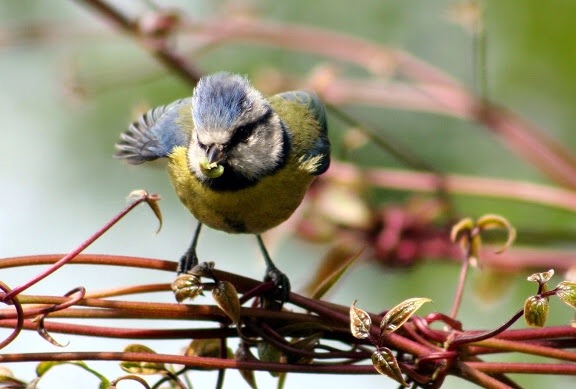


Then I heard peeping. Her brood was happy with the green worm feast.
I went to get Sebastian. Meanwhile Sophia peeked right in the nest and saw the mother tit staring up at her. We all took a good look. Later, once she had headed out for more food, we managed to get a peek at the babies: five little yellow beaks that would open and squeak whenever we approached the nest. The sound of our voices was enough to trigger them to open their beaks for food. Aside from the bright yellow beaks, all we could see of them were some black feathers. We’ve had a lot of fun visiting the nest since then, though we try not to check it out too often, for fear of putting the parents on edge.
In the afternoon, I noticed that a t-shirt that was lying under the kitchen table was moving. A moment later the tiniest mouse in the world scurried out. Sophia was with me, and, after our success with toad-catching earlier in the week, we decided that we would try to catch it. So we got a cardboard box, and started to try. At one point it ran right under the arch of my right foot and hid there. So that just tells you how small it was.
We didn’t catch it, and it ran under the oven and behind the cupboards. Then it was time for me to go jogging.
Forty minutes later, I was back from my run and the kids had caught the mouse. Only it wasn’t a mouse. According to the Googs, it was a Eurasian Pygmy Shrew! Our research also told us that our new friend could eat up to 1.5 times his weight in insects per day, and would need about 250 beetles and wood lice to sustain him. If he didn’t eat for two hours he would begin to starve. Sebastian quickly put two and two together, and realized that if he were going to keep the shrew, he would have to spend all his waking moments gathering bugs to feed the shrew. In effect, he would have to become the shrew. It was obvious that we couldn’t keep him for long, so after feeding him some woodbugs and earwigs (it was hilarious to watch the way he hunted them down and gobbled them up) we let him our of the box and he scurried under a paving stone that I hadn’t even realized had an “under”. He was very, very small.
Saturday: We went to the farmer’s market where Sophia’s farmer boss sells his produce. She was excited to buy a jar of the chutney that he always serves at lunchtime. It is sold by one of his fellow stall-holders. Some kids like One Direction, some like chutney. Everyone gets what they want.
After that we went hiking in the Burren (Irish for “rocky place”) in County Clare.
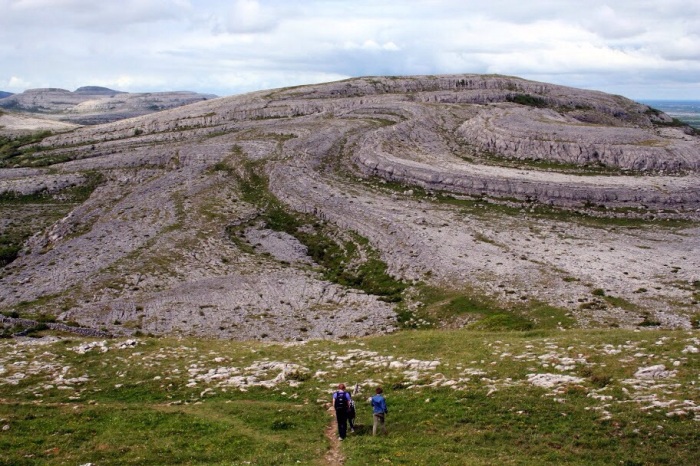
And I call that a good week.
